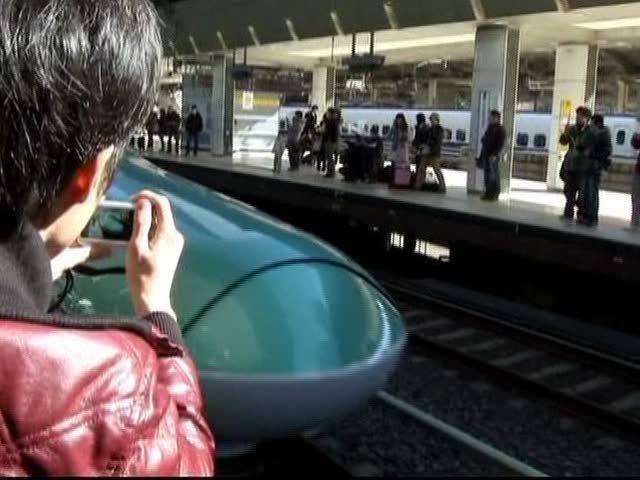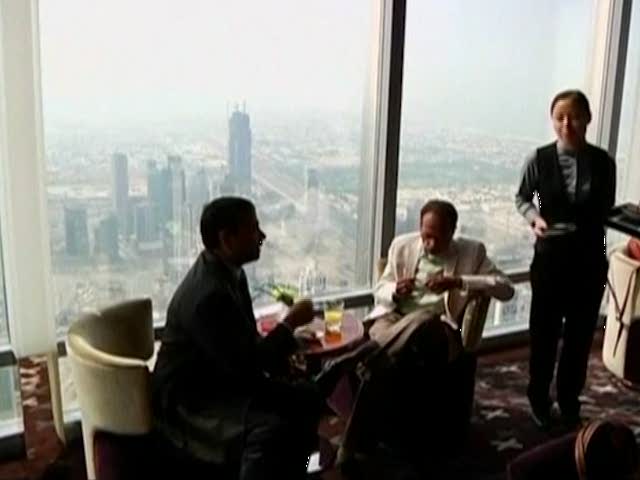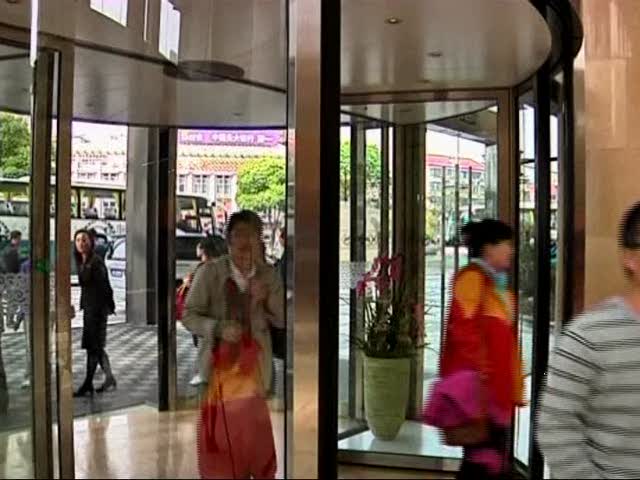Threat merely a mix-up, executive says.
Published:
21 February 1999 y., Sunday
Microsoft yesterday attempted to douse one of the most explosive charges in 1 1/2 years of federal antitrust scrutiny - that it threatened Compaq Computer with the industry equivalent of the death penalty for replacing Microsoft software with a competitor_s product. The allegation, which first arose in a 1997 lawsuit brought by the U.S. Department of Justice against Microsoft, is one example federal and state antitrust prosecutors cite to show that Microsoft attempted to illegally protect and extend an alleged monopoly held by its Windows operating system. In summer 1996, Microsoft told Compaq that it intended to revoke the Texas computer maker_s Windows license. The sticking point: Compaq had put Netscape Communications_ Internet browser on the desktop of its PCs, bumping Microsoft_s browser off the screen. The Justice Department and 19 states contend Microsoft_ reaction in this case was an example of an illegal attempt to use its power to harm Netscape and hurt it before its Navigator browser could gain enough popularity to challenge Windows as a kind of operating system. Over the past few days in federal court, Microsoft teamed up with Compaq to answer that allegation by showing a different version of events. Testifying for Microsoft, Compaq Senior Vice President John Rose said the dispute that led to Microsoft_s threat was actually the fault of an internal communications flub. Rose said that its handling of competitors_ software on the Compaq desktop had violated the terms of an agreement requiring that the Microsoft Internet browser remain on the desktop. Rose also testified that America Online pressured Compaq to ensure that AOL was the only Internet software accessible on the desktop through an icon.
The most popular articles
 Most EU countries continue to meet deadlines for incorporating single market rules into national law, contributing to economic growth and job creation.
more »
Most EU countries continue to meet deadlines for incorporating single market rules into national law, contributing to economic growth and job creation.
more »
 Japanese officials unveil their new bullet train, capable of travelling at speeds of 320 km per hour (198 miles per hour).
more »
Japanese officials unveil their new bullet train, capable of travelling at speeds of 320 km per hour (198 miles per hour).
more »
 The first International Security Technology Exhibition, KIPS 2011, will be held on 23-26 February 2011 in Kiev (Ukraine). The motto of the exhibition is ‘There can never be too much security!’
more »
The first International Security Technology Exhibition, KIPS 2011, will be held on 23-26 February 2011 in Kiev (Ukraine). The motto of the exhibition is ‘There can never be too much security!’
more »
 The world's highest restaurant opens in Dubai, United Arab Emirates, located 400 metres above ground in Burj Khalifa, the world's tallest tower.
more »
The world's highest restaurant opens in Dubai, United Arab Emirates, located 400 metres above ground in Burj Khalifa, the world's tallest tower.
more »
 The rights of consumers will be clarified and updated, whether they shop at a local store or buy goods on line, under new EU rules as amended by the Internal Market Committee on Tuesday.
more »
The rights of consumers will be clarified and updated, whether they shop at a local store or buy goods on line, under new EU rules as amended by the Internal Market Committee on Tuesday.
more »
 MEPs on Wednesday gave their green light for the Council to conclude an Interim Economic Partnership Agreement with Papua New Guinea and Fiji, two countries of the Pacific Region with significant exports to the EU.
more »
MEPs on Wednesday gave their green light for the Council to conclude an Interim Economic Partnership Agreement with Papua New Guinea and Fiji, two countries of the Pacific Region with significant exports to the EU.
more »
 Report sets 10 priorities for tackling the bloc's main economic challenges, launching the first ever ‘European semester'.
more »
Report sets 10 priorities for tackling the bloc's main economic challenges, launching the first ever ‘European semester'.
more »
 China's first capsule hotel ready to open its doors in Shanghai, aims to capture slice of booming leisure budget travel market.
more »
China's first capsule hotel ready to open its doors in Shanghai, aims to capture slice of booming leisure budget travel market.
more »
 Declaration by Michel Barnier on the start of three new authorities for supervision.
more »
Declaration by Michel Barnier on the start of three new authorities for supervision.
more »
 On 1 January, Estonia adopted the euro as its official currency and the changeover is running smoothly and according to plan.
more »
On 1 January, Estonia adopted the euro as its official currency and the changeover is running smoothly and according to plan.
more »